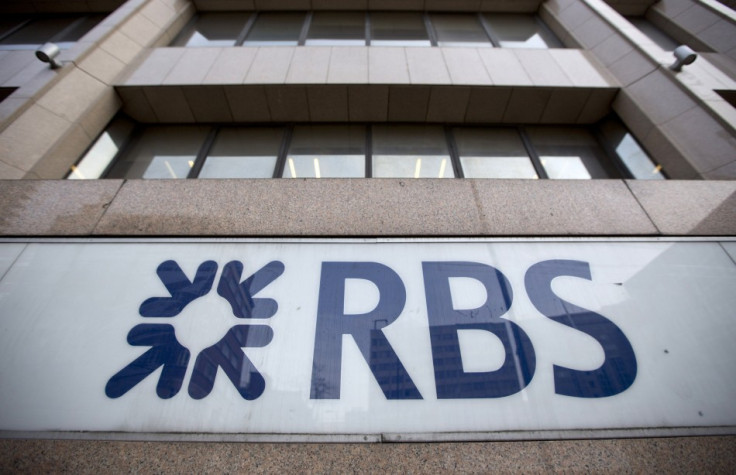RBS Pledges Extra £20bn to SME Lending

The Royal Bank of Scotland and NatWest have pledged an extra £20bn to lend small firms in the UK and will contact their business banking customers directly in a drive to encourage them to borrow more.
Both banks will initially write to 100,000 of their SME customers after a trial of the initiative saw smaller firms take-up an extra £1.7bn ($2.6bn, €2bn) in lending.
UK banks are under pressure from the government and Bank of England to increase their lending to consumers and SMEs in order to help revive the economy.
"We bank over a million small and medium businesses and we want them all to realise the borrowing opportunities open to them," said Chris Sullivan, chief executive of corporate banking at RBS.
"RBS and NatWest are pulling out the stops to show businesses how much we can lend to them because we want to increase their confidence levels to invest in future growth."
There is a £20bn surplus in corporate deposits at RBS that the bank says it wants to lend out.
The Bank of England's Funding for Lending Scheme (FLS), which offers banks cheap loans if they lend more to the real economy, has already helped bring down the affordability and availability of credit in the UK.
RBS, which is part of FLS, lent out £58bn in loans and credit facilities to SMEs and consumers during 2012.
However, business lending is falling overall as small firms are cautious about borrowing amid the wider economic uncertainty.
Capital Shortfall
Financial regulators have warned RBS that it has a capital hole on its balance sheets that needs to be addressed.
The Prudential Regulation Authority (PRA) at the Bank of England is demanding that British banks shore themselves up with enough capital to protect themselves in case of any future financial crisis.
This is meant to help minimise the risk of taxpayers having to step in and bail out failing banks to save depositors and the wider economy.
RBS must find an extra £13.6bn for its capital buffer, but the PRA said that their plans to raise the additional cash must not impact on their lending to the real economy.
RBS Reprivatisation
Chancellor George Osborne has warned that RBS is still behind in its plans for returning to the private sector.
To prevent RBS's collapse during the financial crisis, and the subsequent domino effect that could have had on the rest of the banking sector, the government ploughed £46bn into the bank.
The government has a foggy strategy on exactly how and when it will sell RBS, which is being reformed to become a UK economy-focused bank that will support real economy lending.
Osborne indicated that RBS would not be sold, as he had hoped, before the next parliament in 2015.
"I don't want a quick sale of our RBS shares. I want the right sale for British people," Osborne said during his annual Mansion House speech in the City of London.
"I will only sell our stake in RBS when we feel the bank is fully able to support our economy and when we get good value for you, the taxpayer. In our judgment, when it comes to RBS that moment is some way off."
He also said the government was considering splitting the bank into "good" and "bad" units, with riskier assets linked to its investment banking business being hived off.
Stephen Hester, RBS chief executive, has overseen the transformation of the bank's balance sheet as riskier assets are wound down and sold off - but the board axed him.
Hester will stand down by the end of 2013, with his replacement set the task of overseeing the second half of the RBS reform, its privatisation process.
The average price the government paid to purchase RBS shares during the bailout, which came in two stages, was 502.26p per share. RBS calculates that to break even the average sale price will have to be 440.64p.
© Copyright IBTimes 2025. All rights reserved.






















